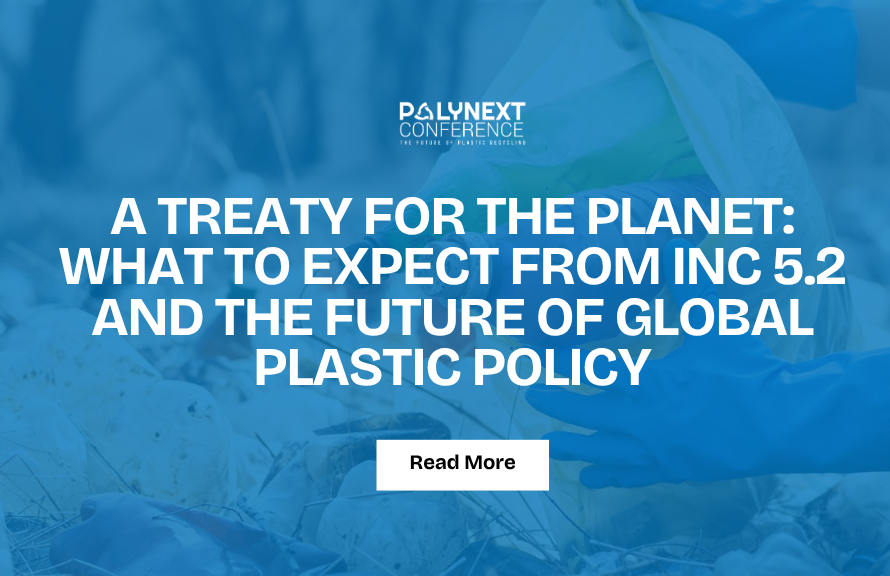Plastic pollution has become one of the most pressing environmental challenges of our time. Every year, over 430 million tonnes of plastic are produced globally, and a significant portion ends up in landfills, oceans, and ecosystems. In response, countries around the world are adopting a circular economy approach—where plastics are designed to be reused, recycled, and reintegrated—driven by comprehensive National Plastic Action Plans (NPAPs).
What Are National Plastic Action Plans (NPAPs)?
NPAPs are policy frameworks created by governments, often in collaboration with international partners like the United Nations Environment Programme (UNEP) and the World Economic Forum, to address plastic pollution through innovation, regulation, and public-private partnerships. These plans focus on:
Phasing out single-use plastics
Strengthening recycling infrastructure
Promoting sustainable alternatives
Encouraging industry accountability through Extended Producer Responsibility (EPR)
Engaging communities and consumers.
Global Momentum: Policies and Innovations Tackling Plastic Waste
1. Indonesia
As one of the top contributors to ocean plastic waste, Indonesia launched its NPAP in 2020, aiming to reduce marine plastic leakage by 70% by 2025. Key strategies include scaling up waste collection, expanding recycling markets, and investing in innovation. The plan has received strong backing from both the government and private sector.
2. India
India introduced a nationwide ban on single-use plastics in 2022 and strengthened its EPR rules, making producers responsible for managing their plastic waste. Its NPAP, developed with support from UNEP, promotes sustainable alternatives, decentralized recycling, and state-level innovations.
3. United Arab Emirates (Dubai)
The UAE targets zero plastic waste by 2031. Dubai has already implemented a ban on single-use plastic bags and is advancing its Integrated Waste Management Strategy 2041, which includes investment in plastic-to-energy projects, recovery facilities, and tech-driven startups. Platforms like PolyNext 2025 further amplify regional efforts in circular innovation.
4. Ghana
Ghana’s NPAP focuses on creating a circular economy that supports livelihoods, especially through informal waste collectors. With support from the Global Plastic Action Partnership (GPAP), the country is piloting scalable models for plastic waste management and recycling.
5. European Union
The EU Plastics Strategy and Single-Use Plastics Directive aim to make all plastic packaging recyclable or reusable by 2030. Policies include plastic taxes, mandatory recycled content, and bans on common single-use items.
Why NPAPs Matter
National Plastic Action Plans are not just regulatory checklists. They are collaborative roadmaps that:
Drive innovation and investment in sustainable materials
Boost job creation in recycling and waste management sectors
Reduce carbon emissions linked to plastic production and disposal
Empower communities and small businesses
Align national goals with the upcoming UN Global Plastic Treaty expected in 2025
Conclusion
As plastic pollution becomes a global crisis, NPAPs offer a hopeful path forward. From Jakarta to Dubai, Delhi to Accra, governments are reimagining waste as a resource, and linear systems as circular ones. These plans are about more than plastic—they are about building resilient, inclusive, and sustainable economies for the future.
When backed by strong policy, innovation, and citizen engagement, the circular economy is not just a concept—it’s a solution.
PolyNext 2025 – Shaping the Future of Plastics
As the world embraces the shift to a circular economy, the PolyNext Awards & Conference 2025 emerges as a leading global platform advancing innovation, policy, and partnerships in plastic sustainability.
Date: 1–2 October 2025
Location: Dubai, UAE
Website: polynextconf.com
This premier event will convene industry leaders, scientists, policymakers, and sustainability-driven startups to spotlight transformative solutions—from chemical recycling and bioplastics to circular economy business models.
Why Attend PolyNext 2025?
Discover the latest innovations in plastic recycling and sustainable packaging
Network with key stakeholders across sectors
Gain insights from global thought leaders
Celebrate changemakers through the prestigious PolyNext Awards
Whether you work in waste management, product design, policy, or green entrepreneurship, PolyNext 2025 is your opportunity to be part of shaping the next chapter in plastic sustainability.



